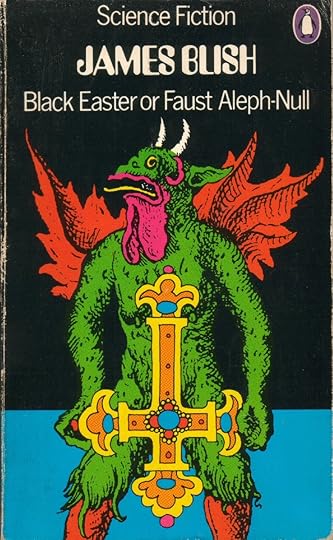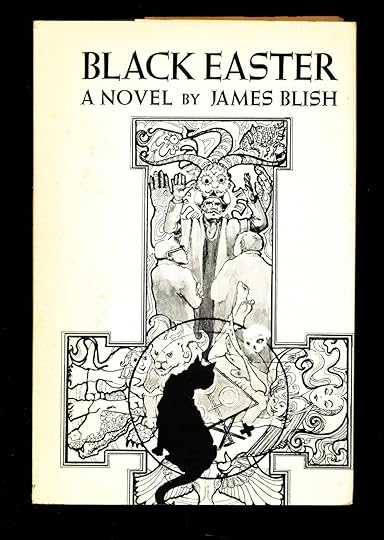What do you think?
Rate this book


128 pages, Paperback
First published January 1, 1968



The name "Theron Ware" was later used by author James Blish for his "villain" in the novel Black Easter. In this novel Ware brings about the death of God and the triumph of Satan. The book was adapted into a play in 1979 by a Troy University theatre professor and produced by the school's drama department.
But thanks be to God, which giveth us the victory through our Lord Jesus Christ. (1 Corinthians 15:57)